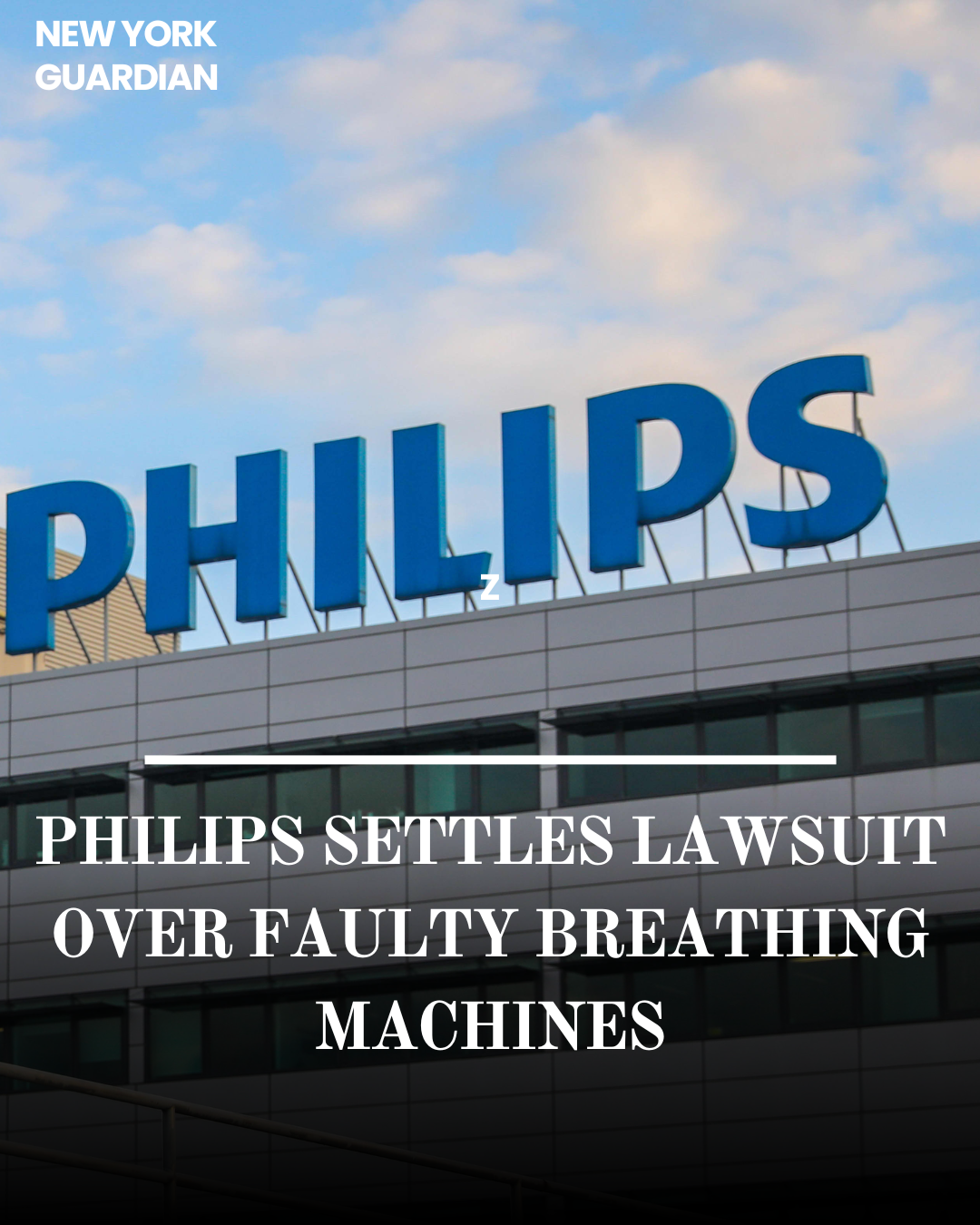Dutch medical equipment maker Philips says it has reached a $1.1bn (£877m) contract to settle cases in the US relating to potentially faulty breathing machines.
Philips, the multinational conglomerate, has reached a settlement in a lawsuit concerning faulty breathing machines that caused widespread concern among users. The agreement is anticipated to help Philips move past the damaging episode that has impacted its finances and reputation.
Background of the Issue
In 2021, reports surfaced indicating that foam used in breathing machines for conditions like sleep apnoea could degrade, potentially releasing harmful particles into the masks worn by patients.
Despite Philips denying any liability for injuries caused by the devices, over five million machines were recalled globally, with users reporting the presence of black particles and dust in their masks.
Financial and Legal Ramifications
The settlement, which covers a class action lawsuit and individual injury claims in the US, was reached sooner than anticipated.
Although the total cost of the settlement is considerably lower than analysts’ forecasts, Philips’ share price surged by over 40% following the announcement.
Additionally, Philips Respironics, the company’s US subsidiary, reached an agreement with the Department of Justice involving regular inspections of its facilities and financial penalties.
Impact on Philips and Users
The departure of Philips’ CEO Frans van Houten in 2022 highlighted the severity of the issue. The settlement, described as “significant milestones” by Philips’ current CEO Roy Jakobs, aims to provide clarity and compensation for affected users.
Lawyers representing the victims expressed satisfaction with the resolution, emphasizing that it would ensure care for those with physical injuries and compensation for those requiring new respiratory devices.
Moving Forward
While the settlement signifies progress for Philips in addressing the fallout from the faulty breathing machines, the company must continue to prioritize consumer safety and regulatory compliance.
The agreements reached underscore the importance of accountability and transparency in the healthcare industry, ensuring that companies are held responsible for the safety and well-being of their customers.





















